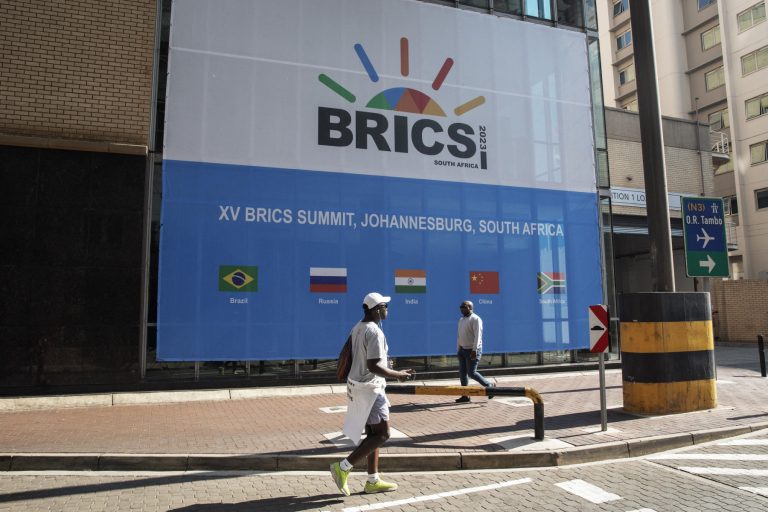Cairo – The recent approval of the entry of Egypt into BRICS has opened doors for the country to benefit from this economic alliance. The grouping of the world economies of Brazil, Russia, India, China, and South Africa has invited Argentina, Iran, Egypt, Saudi Arabia, the United Arab Emirates, and Ethiopia to join it in 2024.
At a seminar held last week by the Egyptian Businessmen’s Association (EBA), Egypt’s commercial consul to São Paulo, Nashwa Bakr, spoke online of the economic relations between her country and Brazil. The event featured the minister plenipotentiary of Trade and head of the Egyptian Commercial Representation Service Yahya Al Wathiq Billah.
Bakr reported that Egypt’s total imports from Brazil last year reached USD 2.8 billion, 30% of which consisted of strategic foods and commodities like beef and poultry, soybeans, maize, and others. Exports from Egypt to Brazil grossed USD 630 million in 2022, of which fertilizers and chemicals accounted for approximately 80%.
The consul said that Brazil is one of the world’s strongest economies and it’s the gateway for the whole world’s food security. She added that the economic activity in Brazil has been heavily based on foreign investments and international businesses. According to her, the country’s companies operate primarily in farming, food and food industries, logistics, and supply.
The consul added that the Brazilian economy wasn’t significantly impacted by the coronavirus pandemic, since most of the companies and factories kept operating over the period, with all sorts of goods being made available and with Brazil even managing to reach a trade surplus.
She spoke of the potential of Brazilian companies that operate in logistics, supply and foodgrains to invest in the Suez Canal Economic Zone and set up foodgrain supply centers to export them to European and Arab countries due to the lack of free trade agreements with many of them.
Billah said the entry of Egypt into BRICS and the New Development Bank are a major shift in the country’s economy, especially in trade, finance and investment, and it benefits other sectors, in particular agriculture, industry, technology, tourism and services.
He added that taking full advantage out of the agendas put forward by the BRICS countries depends on the capacity of those nations to negotiate and have a strong presence in the meetings of the group and of the business community to accept the idea of trading in local currencies or paying of fpart of the commercial transactions in local currencies.
Translated by Georgette Merkhan & Guilherme Miranda




